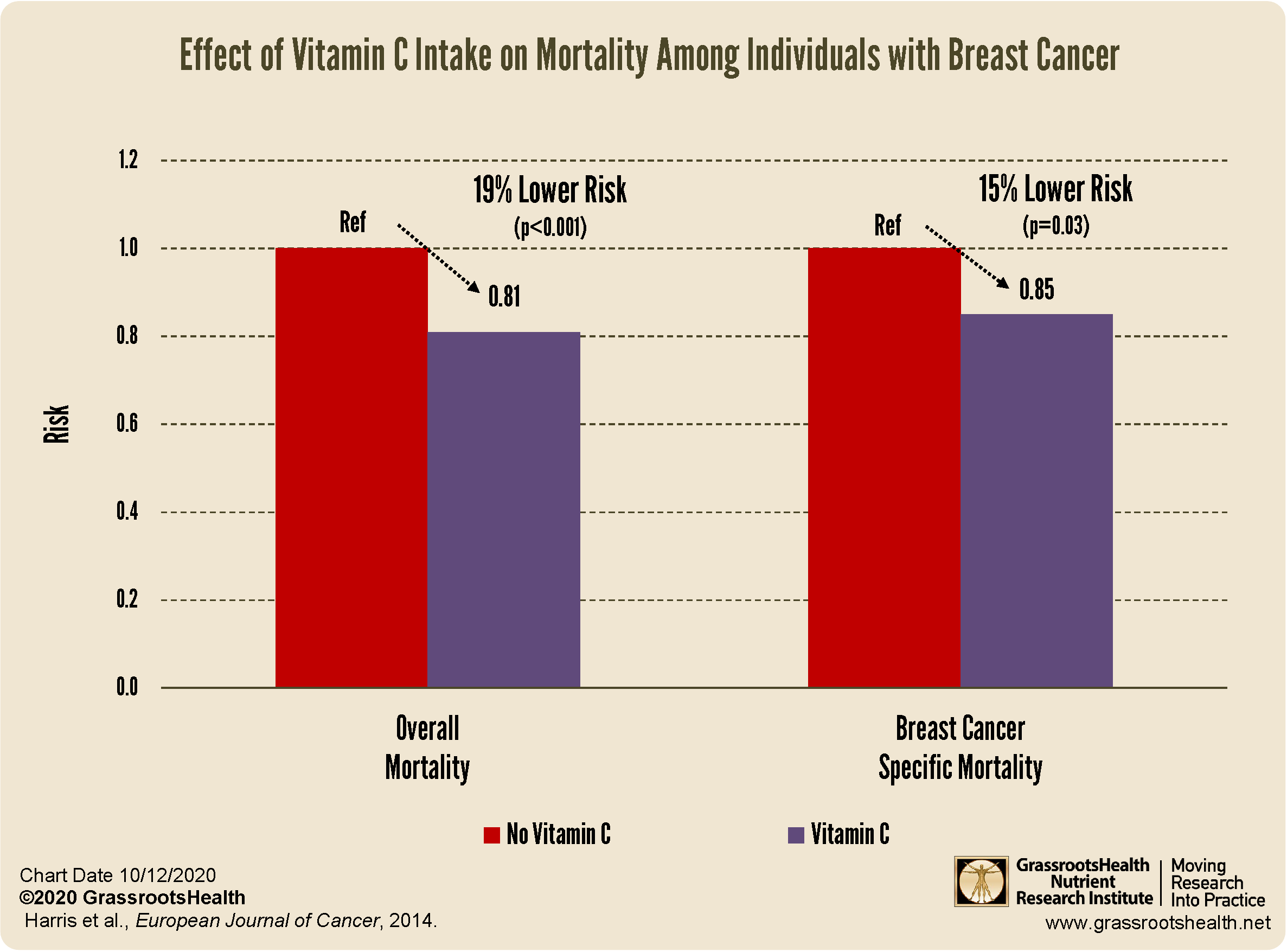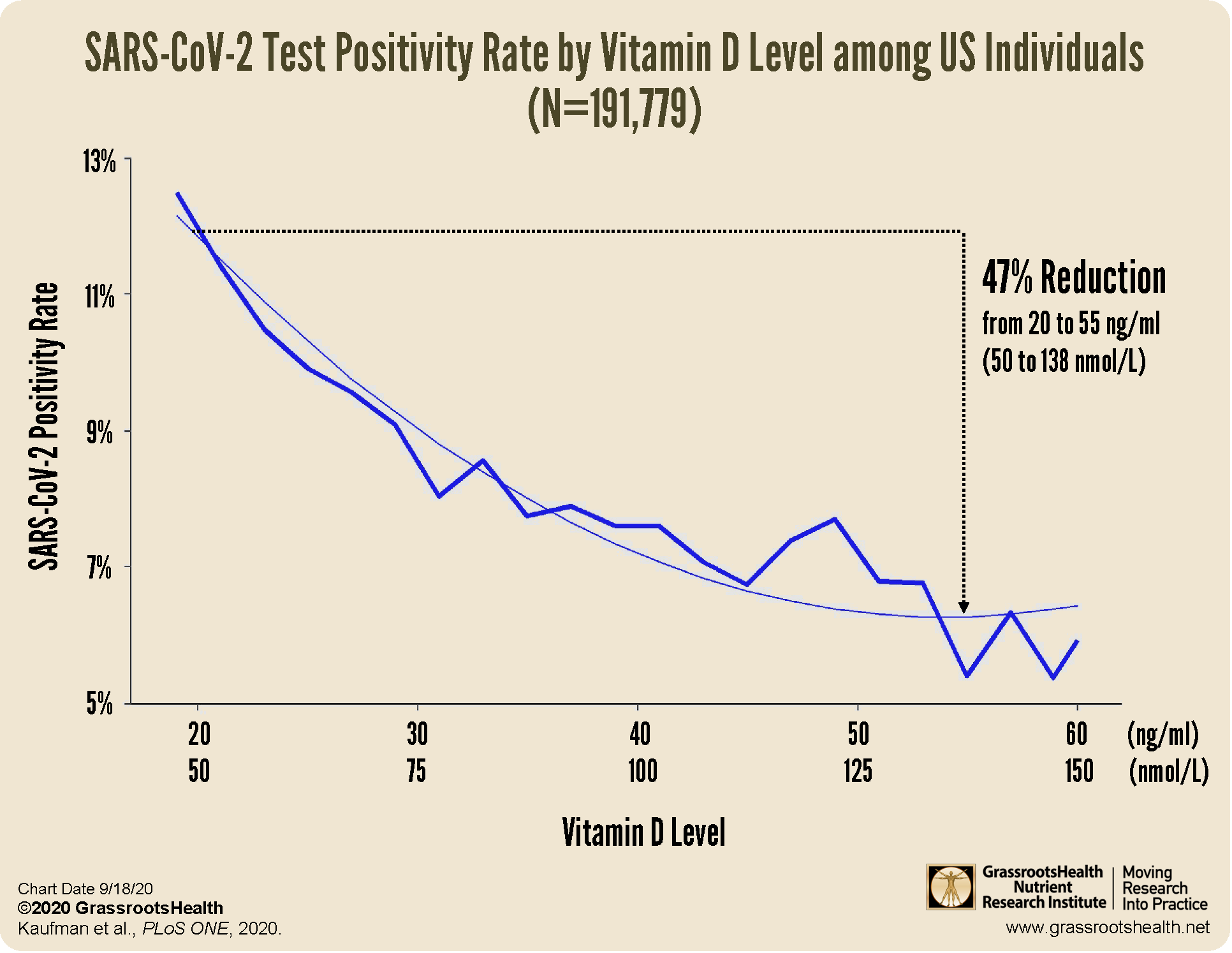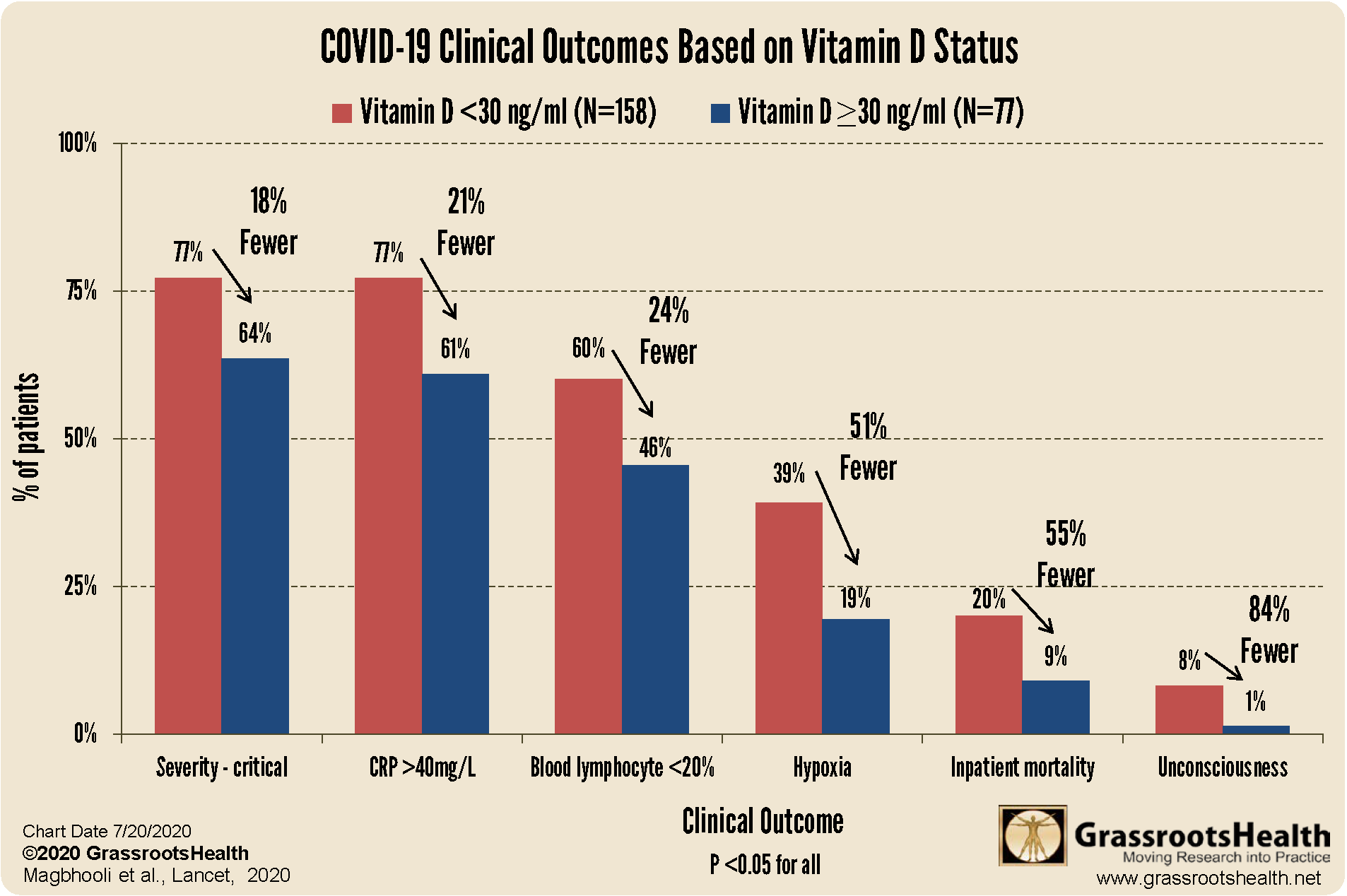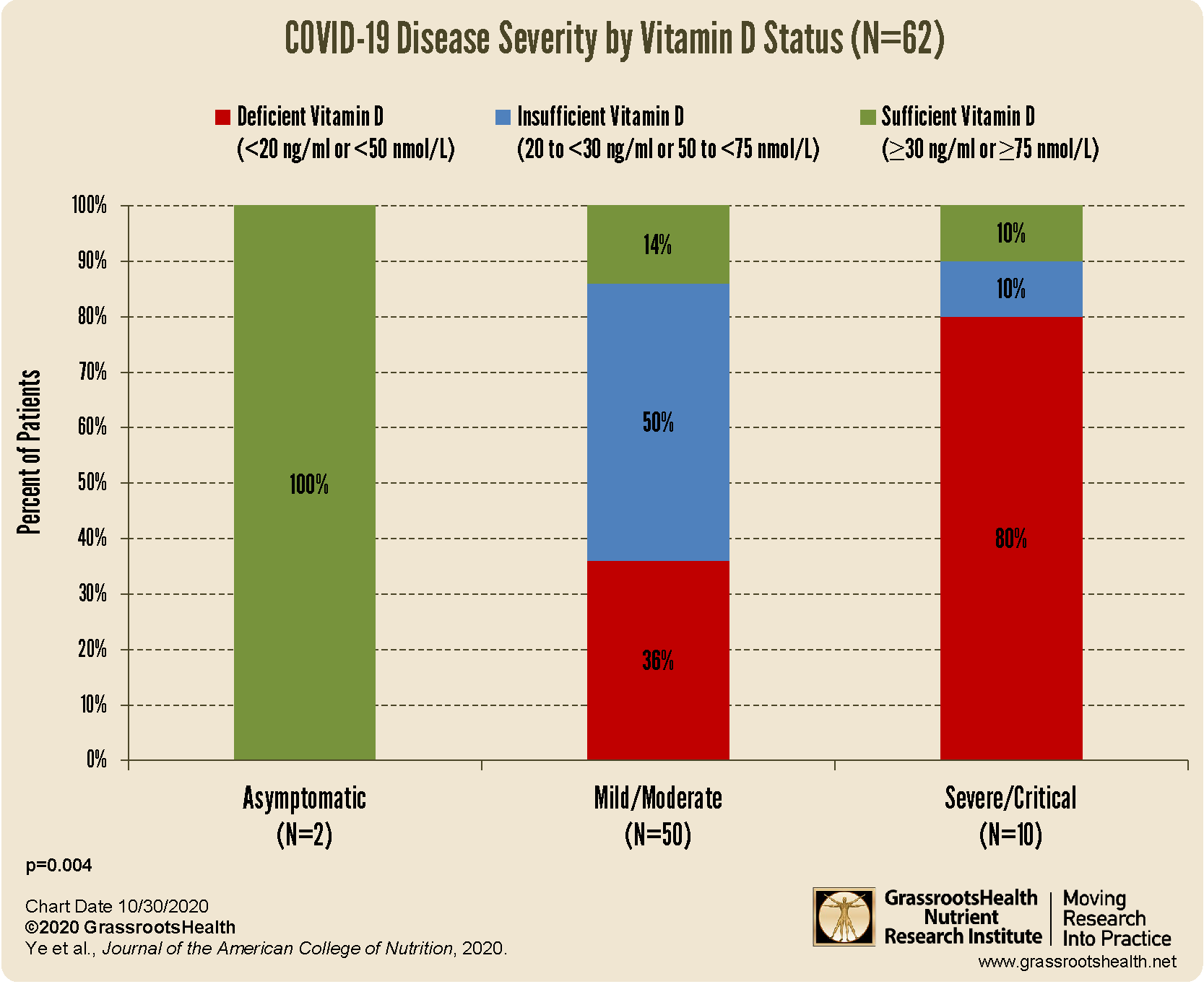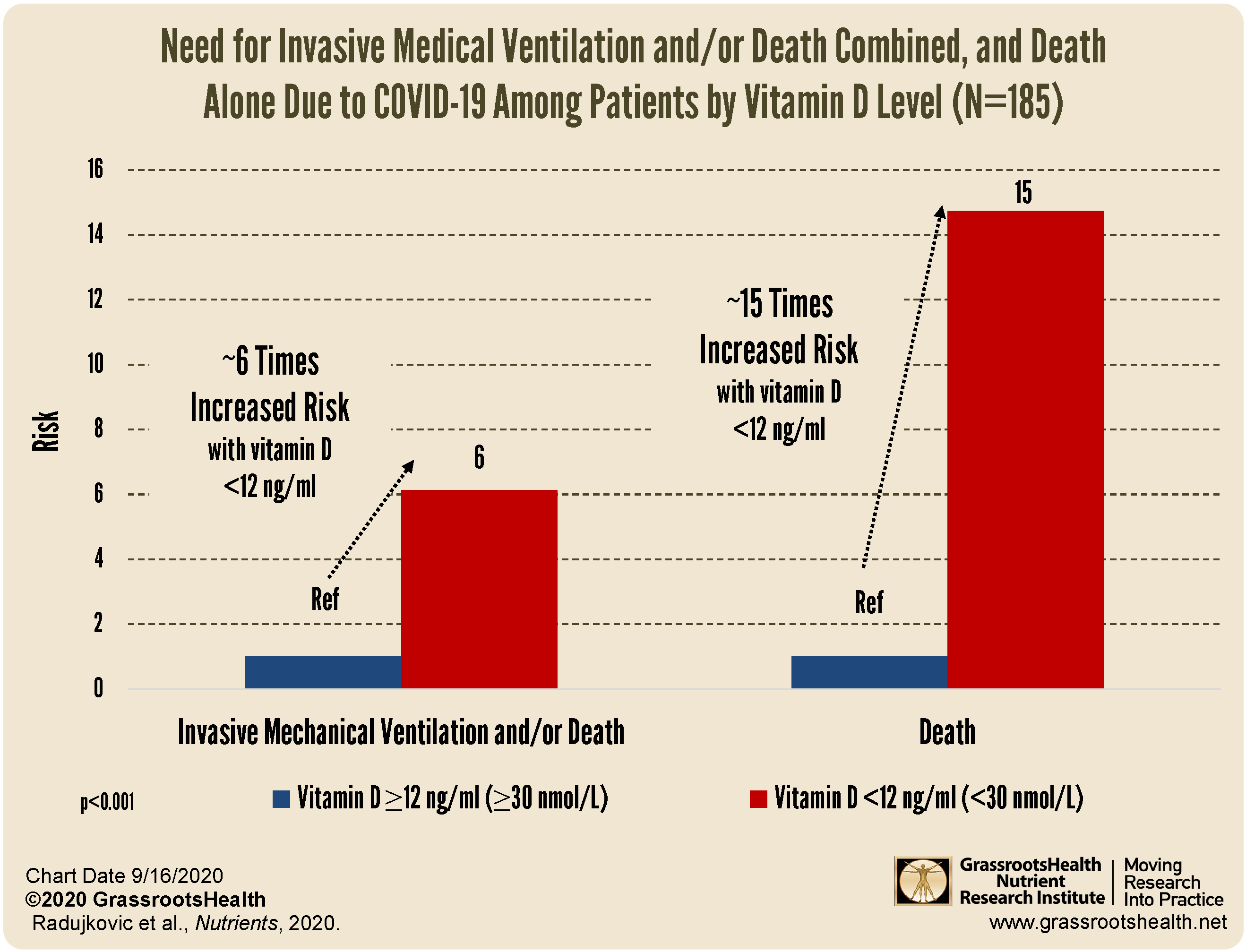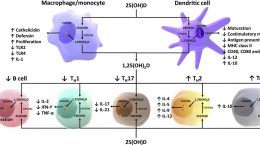Published on January 26, 2021
Millions died from scurvy in the 18th century due to severe vitamin C deficiency, yet it took decades to implement action based on its discovery
 They were a hardy crew of sea-faring men, willing to spend months, sometimes years, braving the vagaries of the high seas and the dangers of battle. Still, there was a mysterious enemy that felled many a sailor in the 18th century. While a host of diseases were a constant threat, one materialized in the form of confusing, chaotic symptoms that included “a luxuriance of fungous flesh,” disturbing nightmares and “a strange dejection of the spirits.” Translated in modern language these symptoms included swollen, purplish and often bleeding gums, and scaly, dry, brown discoloration of the skin.
They were a hardy crew of sea-faring men, willing to spend months, sometimes years, braving the vagaries of the high seas and the dangers of battle. Still, there was a mysterious enemy that felled many a sailor in the 18th century. While a host of diseases were a constant threat, one materialized in the form of confusing, chaotic symptoms that included “a luxuriance of fungous flesh,” disturbing nightmares and “a strange dejection of the spirits.” Translated in modern language these symptoms included swollen, purplish and often bleeding gums, and scaly, dry, brown discoloration of the skin.
An estimated two million men were lost to scurvy during this period in history.
Various remedies were tested, but the most effective appeared to be citrus fruits, notably oranges and lemons. Yet it would take another century for British naval surgeon’s mate James Lind, responsible for one of the very first randomized controlled trials, to confirm that these vitamin C rich fruits could cure scurvy, a disease brought on by chronic vitamin C deficiency — and decades for the British Navy to act on his findings. Unfortunately, there has been a similar delay in the implementation of vitamin D into standard practice – how much longer will we need to wait?
Many Benefits of Vitamin C
Lind, celebrated as one of the pioneers of preventive medicine and nutrition education, will forever have his name intertwined with vitamin C, which today is recognized as providing many health benefits beyond the prevention of scurvy.
Antioxidant Properties
Vitamin C is able to block some of the damage caused by free radicals. Free radicals speed up aging and contribute to the development of heart disease.
Enhances Glutathione
Vitamin C enhances our bodies’ natural detoxification system. Glutathione is known as the “master antioxidant.” Its primary role is to protect cells from oxidative damage.
Strengthens Your Blood Vessel Walls
Vitamin C is essential for the making of collagen which is, in turn, important for the health of our arterial walls.
Immune Boosting Properties
Vitamin C is a popular immune-boosting nutrient that has been used for decades to help fight infections such as the flu and the common cold. One of the major roles of vitamin C is as an antioxidant, protecting cells of the immune system from damage due to oxidative stress that results from the response to infection. Other functions of vitamin C within the immune system are to help increase phagocytic activity, T cell and B cell differentiation and proliferation, and antibody production.
Anti-Cancer Properties
Vitamin C reduces oxidative stress that can trigger damage to our DNA which potentially contributes to cancer initiation and tumor growth. In fact, one study showed that participants who took vitamin C supplements after a diagnosis of breast cancer experienced a 19% decreased risk of dying overall, and a 15% reduced risk of dying specifically from breast cancer.
Other Benefits of Vitamin C
- Prevents strokes
- Maintains healthy gums
- Decreases blood sugar in diabetics
- Heals burns and wounds
- Helps protect your bones
- Participates in the synthesis of certain hormones, neuropeptides and neurotransmitters
- Affects physiological processes in endothelial function, the nervous system (including pain sensation), and the functioning of the heart
Foods high in vitamin C include red and green bell peppers, dark green leafy vegetables, kiwis and oranges.
How Much Vitamin C?
This meta-analysis concluded that higher intakes of vitamin C were associated with a reduced risk of dying, although the authors were not able to define an optimum dose. Other research shows that higher vitamin C status is associated with reduced risk of chronic diseases including high blood pressure, heart disease and stroke. Overall, research suggests that vitamin C provides a wide variety of benefits and that the amount of vitamin C required to help prevent chronic disease is higher than what is needed to prevent deficiency and scurvy, much the same way that the amount of vitamin D required to reduce the risk of certain diseases is higher than what is needed to prevent rickets. The Linus Pauling Institute recommends a vitamin C intake of 400 mg/d, while research suggests that daily doses from 500 mg to 6,000 mg may be of value in some conditions.
How Safe is Vitamin C?
Vitamin C supplementation is extremely safe. Doses of vitamin C up to 10 g/d (10,000 mg/d) have been provided without causing any toxic or detrimental health effects. The tolerable upper intake level (UL) for vitamin C was set at 2,000 mg/d to prevent symptoms of diarrhea and gastrointestinal upset. These side effects can be minimized and absorption increased by dividing vitamin C doses over the course of a day and/or by titrating up to bowel tolerance (increase the vitamin C dose by 500-1,000 mg/d until loose stools are encountered then reduce the dose slightly).
Are Nutrient Deficiencies Hindering Your Body’s Ability to Fight Disease?
Nutrients work synergistically in order to carry out specific functions within the body. For example, different immune cells rely on a variety of nutrients, including vitamins D, C, B6, B12, zinc, and magnesium, in order to carry out their actions in an immune response. Without these necessary nutrients, immune function may be hindered.
Could a nutrient deficiency be putting a damper on your immune response? Find out by testing your vitamin D, omega-3s, magnesium and other essential elements (including selenium), as well as your inflammation levels, with the Immune Boost home test kit offered by GrassrootsHealth. Measuring levels is the only way to know if you are supporting your immune system and whether additional changes should be made, with supplementation, dietary changes, or both.
 We now have a NEW GIFTING SERVICE that allows you to quickly send ‘Gift Cards’ to friends, family and coworkers who you consider might need immediate access to testing, and to Claim the Joy of Your Health TODAY. Give the gift today!
We now have a NEW GIFTING SERVICE that allows you to quickly send ‘Gift Cards’ to friends, family and coworkers who you consider might need immediate access to testing, and to Claim the Joy of Your Health TODAY. Give the gift today!
What does the Research Say about Vitamin D & COVID-19?
It’s TIME to start saving lives! If you can help PREVENT the majority of the death, it’s time! What’s it costing you/us not to take action NOW?
There is much published research that supports a clear link between vitamin D and COVID-19 showing that higher vitamin D levels are related to:
a decreased risk of testing positive for COVID-19
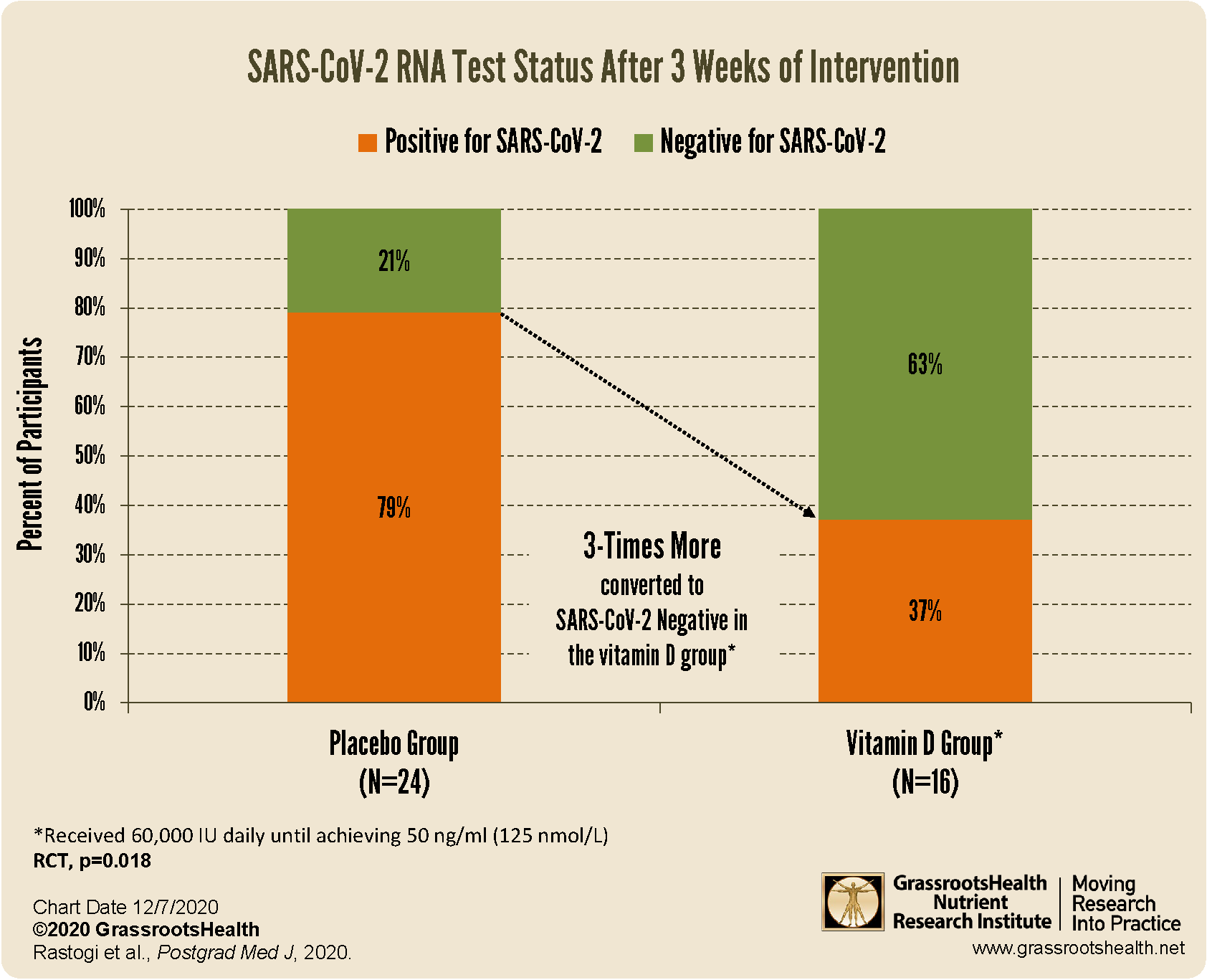 increased viral SARS-CoV-2 RNA clearance
increased viral SARS-CoV-2 RNA clearance
better clinical outcomes among patients with COVID-19
decreased risk of death due to COVID-19
Be sure to educate yourself on the benefits and importance of vitamin D for immune health, and take steps to ensure you and your loved ones are getting enough.
You can review all of the COVID-19 and immune health information we have shared on this page.


